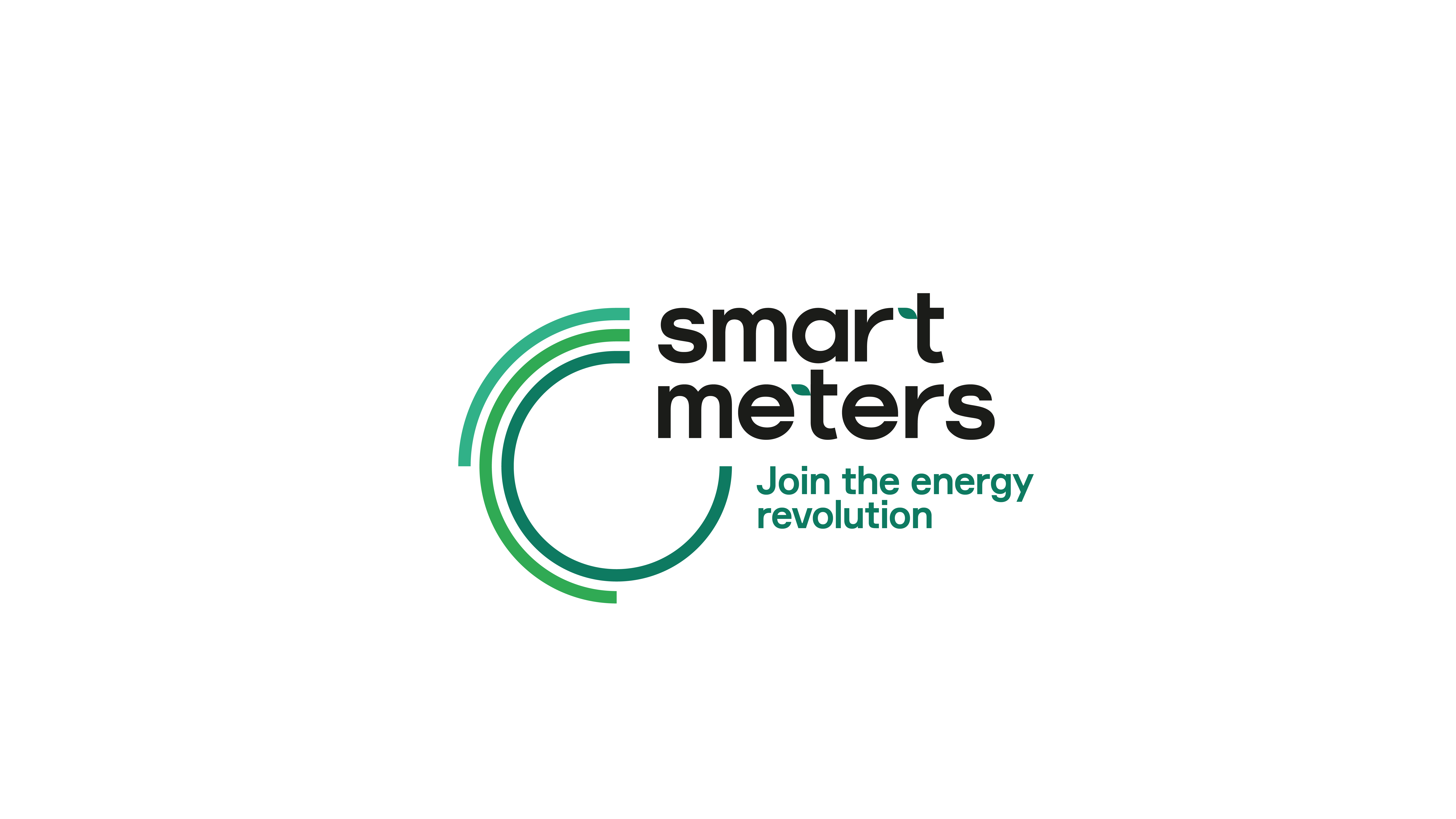
Thanks to the evolution of technology and the development of new products and services, the way we live our lives has changed a lot in the past 20 years, but what will life be like in 15 years from now?
A new report, The Future Smart Energy Consumer, written by trend analysts Foresight Factory and commissioned by us at Smart Energy GB, suggests that over the next two decades there could be a seismic shift in the energy, mobility, healthcare and artificial intelligence (AI) industries thanks to advances in data, decarbonisation and decentralisation.
While it is positive about the future and focuses on the benefits of smart homes and the transition to a subscription-based economy, it also looks at the impact climate change could have on households and explores what safety nets may be needed to protect the most vulnerable.
We have been talking about smart homes for a number of years, and the global smart homes market is expected to grow from $78bn this year to $182bn by 2025. In fact, in 2020 UK consumers bought 21.8 million smart home devices – a 22 per cent rise in volume compared with 2019. And 80 per cent of consumers are now aware of smart home technology.
Following this trend, by 2035 smart homes will be ubiquitous and they will use automation to provide technological solutions to support our busy lives. The smart homes of 2035 will give consumers the ability to hand over everyday tasks and responsibilities to AI-enabled smart assistants.
Smart meter data will help consumers to manage their energy costs. Automated mechanisms will pull power from the grid at optimal times, taking advantage of time-of-use tariffs, and electric vehicles will function as batteries to store and send power back into the home when energy prices are highest. Smart homes will make day-to-day life easier and give consumers more control over their homes.
Currently, awareness of climate change is high among consumers, with eight in ten saying they are either very or fairly concerned about climate change. In 2035, households will be using new and innovative ways to reduce their carbon footprint.
Environmentally conscious citizens engaged in carbon offsetting schemes could use data from their smart meter, and other sources, to automatically apply their net positive carbon emissions contribution to offset historical emissions.
Households will also be drawing from small-scale energy networks that trade wind, solar and hydro energy with the local community. Decentralised power grids and peer-to-peer energy services will bring energy use and trade to a hyperlocal level, with some homes and neighbourhoods even going off-grid. With clear consent, data sharing and AI-supported automation will fundamentally change how people buy, use and even sell their energy through peer-to-peer trading schemes.
The smart future outlined in the report will also enable steps to be taken to help eradicate fuel poverty. People struggling to pay their energy bills may be able to benefit from new avenues of support such as hot weather payment schemes to run their air conditioning in the summer, or receive rent discounts for responsible management of their energy and water use. They may also be able to save money through peer-to-peer energy selling, or new technology such as leased solar panels or home battery storage.
An ageing population may result in increased stress on both individuals and care services. However, advances in wearable technology and new modes of living mean that the older generation will also be able to benefit from this smart-enabled future and, importantly, live independently for longer. For example, smart bracelets could measure bodily indicators of health, and with consent datasets could be connected – from wearables, implants and smart tech in the home – to provide a full picture of the individual’s well-being.
With appropriate consent, smart systems that combine smart energy data with AI and machine learning could identify behavioural patterns that may offer an early insight into oncoming health conditions. For more vulnerable people, smart meter data will enable artificial care assistants to detect unusual activity, which could then alert a carer.
For the younger generation, as Generation Alpha enter adulthood they will seek out homes and communities that reflect their values and address the realities of home ownership and climate change in 2035. This could involve utilising new and more sustainable ways of living, such as shared, 3D-printed, low-carbon apartments. This generation will prefer to use subscription services to get what they need and want. Thanks to the secure use of data, they will be able to manage these subscriptions without sacrificing their environmentally conscious values.
In addition, devices and programmes connected to their smart meter and other data sources will support reward schemes, similar to today’s loyalty programmes, for positive environmental actions. Behaviours such as using low-carbon transport or selling excess energy will help build their green credentials. These rewards could be used when applying for new eco-friendly housing developments and building their reputation with peer-to-peer energy trading.
The report shows that people from all walks of life will have the opportunity to take part in the smart energy future. While 2035 may currently seem like a long way off, to put it into context the children at primary school today will have grown into young adults. Small steps taken today – such as getting a smart meter – are helping to lay the foundation of a smart energy system that will allow the young adults of 2035 to take advantage of living and working in a smart and digital energy future.
Iagan MacNeil is head of policy at Smart Energy GB. Join the energy revolution and contact your energy supplier to request a smart meter. For more information visit: smartenergygb.org



